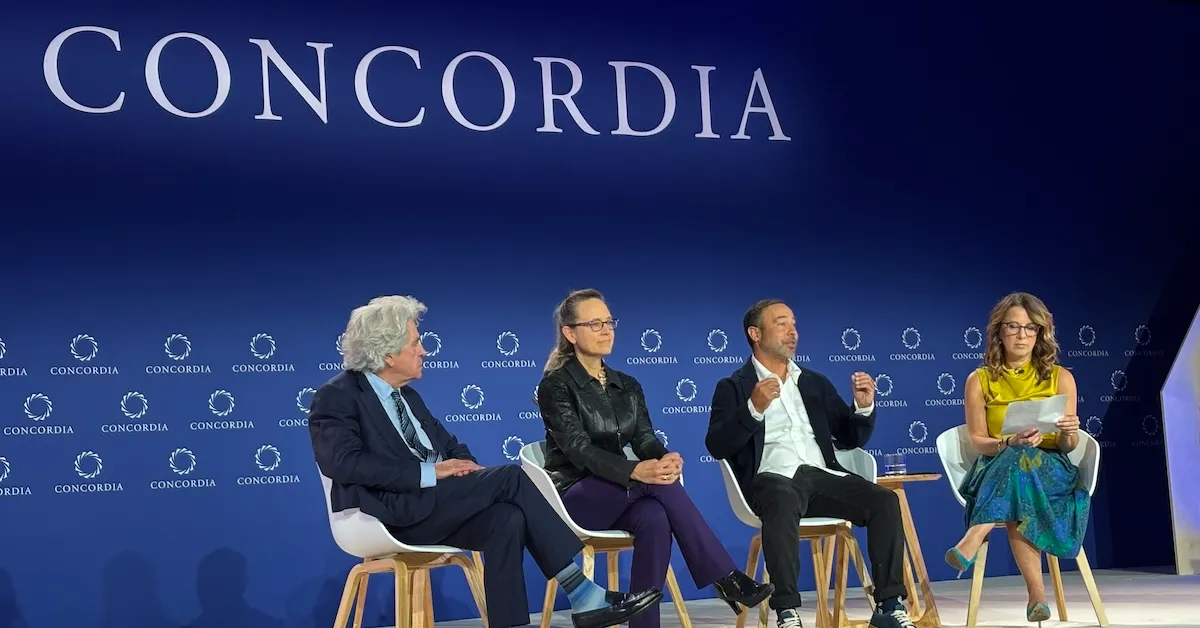By Ppulse Mix,Pulse Mix
Copyright pulse

Introduction: Why Talk About Creative Industry Exits in Music?
For too long, African music has been seen only through the lens of the superstars, you know, Wizkid, Ayra, Burna, Davido. But behind the artists are companies and deals that shape the industry’s future. A merger, acquisition or JV, isn’t just selling a label; it’s when a music business successfully attracts investment, scales globally, and creates long-term value beyond one celebrity’s shine.
These exits matter because they unlock liquidity, legacy, leverage, and light the path for others. Yet, many African creative companies still see music as passion projects or cash flow ventures, not scalable enterprises.
From the 90s to Today: The Evolution of Nigerian Labels
90s–2000s: Labels like Kennis Music dominated, but structures were loose and focused on artists rather than enterprise value.2010s: New wave of artist-led labels like YBNL (Olamide), Starboy (Wizkid), and Spaceship (Burna Boy). Some thrived, but many were still too centered on one figure.Modern Era: We now see labels becoming structured companies Mavin Records, Chocolate City, Native Records proving that African music businesses can evolve into proper enterprises.
Case Study: Mavin Records
Don Jazzy’s Mavin Records is the poster child of Afrobeats structuring. Founded in 2012, it has grown into a talent incubator with global stars like Rema and Ayra Starr.
Visionary Leadership: Don Jazzy and Tega built Mavin as a brand, not just a label. They focused on artist development and invested in teams and excellence. Structured Growth: Legal frameworks, corporate governance, investor readiness (with some handholding by their Private Equity partners TPG and Kupanda). Kupanda took an active role, supporting management. Global Deal: The 2023 partnership with Universal Music Group brought capital, distribution, and global visibility a textbook creative exit.
Mavin shows that exits don’t kill culture when properly managed, they scale it.
YBNL: Scaling Through Partnership
Olamide’s YBNL nurtured talents like Fireboy DML and Asake. Instead of selling outright, YBNL struck a distribution partnership with the U.S. based Empire. This gave YBNL’s artists international reach while keeping its Lagos street credibility intact.
It’s an example of a hybrid exit not selling equity but leveraging partnerships for global scale.
Chocolate City: Reinventing an Icon
Once home to MI, Ice Prince, and Jesse Jagz, Chocolate City was one of Nigeria’s strongest labels of the 2000s. After challenges with structure and management, it entered a deal with Warner Music in 2019, gaining global distribution and renewed visibility. This move reflects how legacy African labels can reinvent themselves by tying into global ecosystems.
Native Records: The New Generation Exit
Native Records, backed by the creators of Native Mag and NativeLand Festival, signed a joint venture with Def Jam in 2022. This bold move showed how even a youth-driven culture collective can scale quickly with the right partners.
Rather than waiting decades, Native went straight for global alignment proving that today’s creatives don’t need to be “big men” before structuring deals.
Lessons for Creatives & Investors
Structure is everything – contracts, accounting, legal governance make exits possible. I personally have a love/hate relationship with the word structure and its sister processes. My organization relies on structure and process for success, but most people don’t know what these words mean. Structure is clearly defined roles and objectives and process is a standard way of doing things, because 95% of tasks in business are the same every time. Maybe I’ll write another piece about this. Exits aren’t sellouts: they’re ways to scale impact, not abandon culture. Think beyond passion: a label must be run like a company.Investors must shift lenses: see creative companies as scalable businesses, not vanity projects.
Comparisons & Risks
In the West, artists and labels routinely sell catalogs (Justin Bieber, Dr. Dre). These provide liquidity and preserve legacies.
In Africa, without exits, labels risk stagnation, burnout, or losing IP through piracy and exploitation.
Conclusion: The Next Wave of Creative Exits
From Mavin’s Universal deal to YBNL’s Empire partnership, Chocolate City’s Warner collaboration, and Native’s Def Jam venture, African music is proving that creative exits can fuel growth.
The future depends on more founders and investors embracing exits as tools for scale not as the end of creativity, but as the beginning of billion-dollar ecosystems.
By Samuel “Samo” Onyemelukwe, with help from AI.
Mr. Onyemelukwe is a Nigerian-American and an African media and entertainment industry expert and is currently VP Global Business Development and Managing Director of Trace West Africa. www.linkedin.com/in/sonyemelukwe
#FeaturedPost



